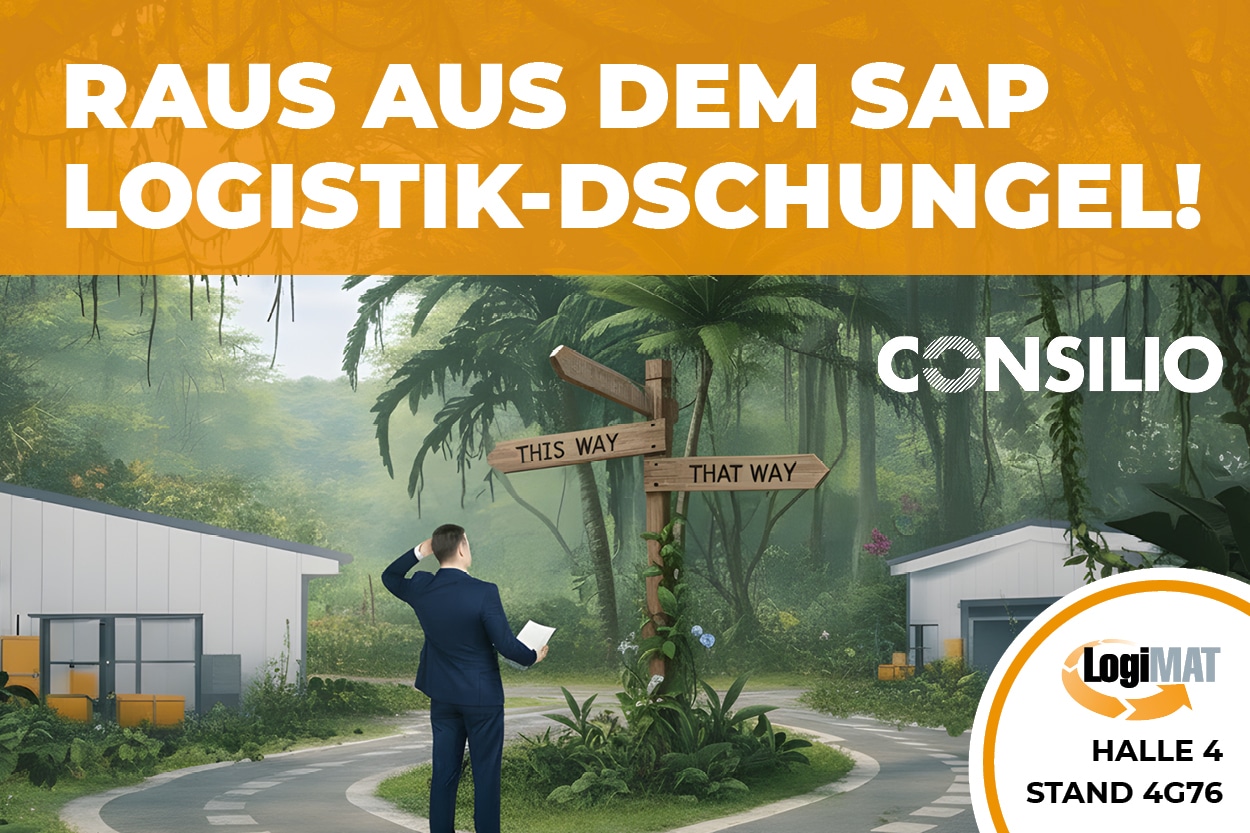Artificial intelligence was a topic of interest long before the advent of ChatGPT. In fact, approaches were being developed as early as the 1950s. However, the technology has only recently experienced a rapid surge in development since the requisite hardware performance has become available. AI can also play a key role for automotive suppliers like the family-owned company Brose and help transform the industry.
From development to manufacturing and the finished product all the way to administration – there are different use cases for artificial intelligence at Brose. AI technologies and methods are tools the company can use to create innovations, increase cost-effectiveness, assure quality and ultimately gain a competitive edge. An interdisciplinary team of IT and digitalization experts is working with the functional areas to jointly develop and deploy solutions to a wide range of problems.
Data needs to become information
There are a number of challenges alongside the many advantages and opportunities. Data alone is not a sufficient basis for the successful implementation of artificial intelligence. Only when this data becomes useful, contextual information and is permanently available will it be possible to exploit all of the possibilities AI has to offer. This is why working on standardized, consistent data generation and data quality is an ongoing process at Brose. Among other things, this should eliminate the effort required and susceptibility to errors involved in manually transferring data between tools and databases. The objective is to build a platform that connects multiple applications and sources of information, presents data transparently, analyzes it in real time and facilitates the decision-making process. It could also be used as a basis for implementing further use cases, streamlining communication along the entire supply chain and obtaining forecasts and crafting strategies with greater precision.
Efficiency gains in the development phase
Brose is already using an AI-based approach today that supports and accelerates the development process for product design engineers: every technical drawing must be checked for a wide range of criteria before it can be approved for follow-up processes. This was formerly an entirely manual and extremely time-consuming process, which is why Brose adopted popular methods from AI research, adapted them and developed its own AI-based solution to increase the efficiency of the technical drawing process. The files are checked using an automatic image and text recognition method and the results are summarized in a system-generated report. This makes it possible to automatically detect and track drawing errors during the final release process, leading to a standardized approach to handling errors that reduces the manual time and effort involved and results in an annual cost savings in the five-digit range.
Intelligent production technologies ensure quality levels
Artificial intelligence is also a promising technology for production. Brose optimizes its production lines on the basis of intelligent monitoring, data analysis and inspection systems to significantly increase the efficiency of its quality assurance systems. SMT lines in electronics manufacturing are a perfect example of this. SMT stands for “Surface Mounted Technology”. It describes an assembly method during which miniaturized electronic components are placed on the surface of a PCB. Brose inspects around 300,000 components per hour with the help of an automated optical inspection system in an electronics production line. Previously, image processing was implemented without artificial intelligence and only achieved accuracy levels between 85 and 95 percent. Ambiguous results had to be manually reinspected and classified into true and pseudo defects. Reasons for pseudo defects can include issues related to component tolerances, solder joint quality, reflections or extraneous light influences, for instance. Thanks to the use of machine learning, the AI models developed in-house are able to detect these pseudo defects. These models are clearly successful: initial output was increased to up to 99 percent and manual inspection effort was decreased by 80 percent. Another area of application for artificial intelligence is the product itself. AI is suitable for integration in existing Brose components and systems and for the development of innovative approaches for entirely new mobility experiences.






